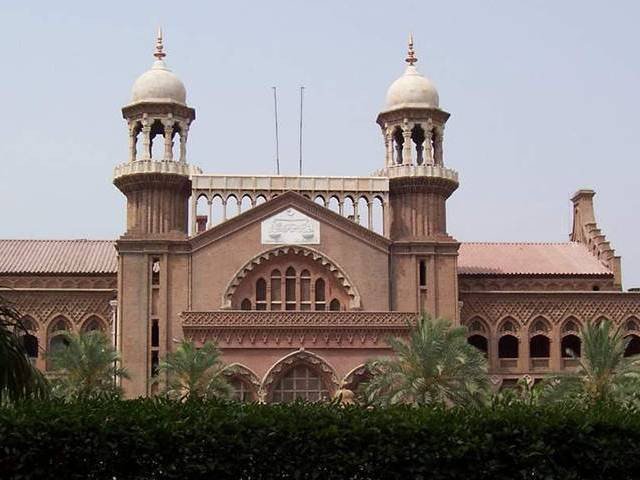Lawyers representing realty sector, banks exploit legal lacunas in tax policy

ISLAMABAD: Two provincial courts have given an interim relief to the real estate dealers and bankers against payment of deemed income tax on the realty sector and additional tax on banks’ investment in government debt.
The relief, though temporary until the courts decide the fate of legal clauses, will impact the government’s estimated revenue collection of Rs45 billion. Lawyers representing the banks and realty sector have exploited legal lacunas in the taxation policy.
The Lahore High Court (LHC) on Tuesday permitted the real estate sector that it could seek extension in the filing of annual income tax returns, if it was aggrieved by the 20% deemed income tax. Similarly, the Sindh High Court (SHC) last week allowed the banks that they may file annual income tax returns on the basis of old advance-to-deposit ratio (ADR).
The FBR had taken those measures in the budget to raise a cumulative Rs45 billion in additional taxes.
The last date for filing income tax returns is September 30 and both courts have given the interim relief while keeping in mind the deadline. However, the FBR may have to give an extension in the returns filing date, as it has so far received only around 1.3 million returns. For tax year 2021, about 3.7 million returns had been filed.
Regarding interim relief, Large Taxpayer Office Lahore Chief Commissioner Badsha Khan Wazir, on the instructions of FBR chairman, states that the petitioners in this and connected petitions or any other taxpayer, feeling aggrieved by the impugned Section 7E of Income Tax Ordinance 2001, if approaches with an application in writing, under the law, for extension time to file return, the same shall be entertained and time shall be granted, according to the short interim order issued by the court on Tuesday.
The real estate sector filed petitions against Section 7E that the government introduced to impose taxes on those people who derived income equal to 5% of the fair market value of the capital assets situated in Pakistan, who will be charged tax at the rate of 20%.
The FBR says the effective tax rate is 1%, aimed at collecting an additional revenue of Rs15 billion.
LHC clarified that the “taxpayer shall establish before the concerned commissioner that he falls within the mischief of impugned Section 7E of the Ordinance of 2001”. The court adjourned the hearing till October 18. The government has also increased the income tax on banks’ investment in the country’s debt. However, on September 22, the SHC gave interim relief to the banks, showed the short order.
Commercial banks have shown their grievances over an amendment introduced through the Finance Act 2022 in Rule 6C of the Seventh Schedule of Income Tax Ordinance, read the interim order.
The petitioners, through the lawyer, pleaded that the income tax rates applicable for tax year 2022 have been enhanced for year 2022, which amounts to taxing the past and closed transactions, as according to the learned counsel for the petitioners, the banks have already made investment during fiscal year 2021, keeping in view the earlier prescribed rates, it added.
The government cannot subsequently enhance the rates to be applied retrospectively for the same tax year, which is 2022, according to the banks’ lawyer. The court has given pre-admission notices to the Attorney General of Pakistan for hearing on October 5. But the petitioners requested the court that since they were required to submit returns by September 30, they should be allowed to file manual returns on the basis of old rates.
“This request will be examined on the next date of hearing, however, till then, if the petitioners chose to submit their returns of income tax for tax year 2022 without making payment of the differential amount pursuant to impugned amendment in terms of Rule 6-C (6-A) through Finance Act 2022, the respondents may not take any adverse action against the petitioners till next date,” said the SHC.
The interim relief can put the FBR’s first-quarter tax target in jeopardy, as it remains around Rs130 billion short of the goal.
Courtesy : Express Tribune